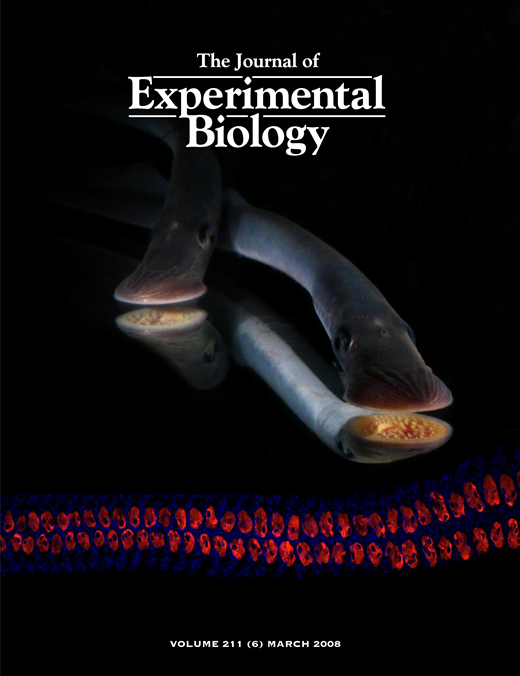- Joined
- Jan 14, 2018
- Messages
- 922
- Reaction score
- 878
Hi everyone
I stumbled across a paper written a few years ago regarding a test checking amino acid uptake in corals. The paper also investigated the percentage each source of food comprised.
The test showed competitive rates of absorption of amino acids into coral tissue. Please note only 11 of the 20 commonly available AA were tested.

Further on they measured in their sample that their daily uptake was broken down as:
Urea: 3%
Amino acids: 21%
NH4 & NO3: 75%
The remaining 1% was not disclosed.

Amino acid uptake was very rapid. This is the first paper I have read that shows evidence for using amino acids in our reefs. I don’t use them personally but I might be tempted in the future to use them. The interesting part for me was that the paper shows that NO3 is directly taken in by the coral. Something that is contentious amongst our community.
How does this change your idea on nitrogenous nutrients in the reef aquarium? All comments and discussions are welcome but please keep to the topic and keep it civil.
Link to the article:

 jeb.biologists.org
jeb.biologists.org
I stumbled across a paper written a few years ago regarding a test checking amino acid uptake in corals. The paper also investigated the percentage each source of food comprised.
The test showed competitive rates of absorption of amino acids into coral tissue. Please note only 11 of the 20 commonly available AA were tested.
Further on they measured in their sample that their daily uptake was broken down as:
Urea: 3%
Amino acids: 21%
NH4 & NO3: 75%
The remaining 1% was not disclosed.
Amino acid uptake was very rapid. This is the first paper I have read that shows evidence for using amino acids in our reefs. I don’t use them personally but I might be tempted in the future to use them. The interesting part for me was that the paper shows that NO3 is directly taken in by the coral. Something that is contentious amongst our community.
How does this change your idea on nitrogenous nutrients in the reef aquarium? All comments and discussions are welcome but please keep to the topic and keep it civil.
Link to the article:

Uptake of dissolved free amino acids by the scleractinian coral Stylophora pistillata
SUMMARY. This study was designed to assess the importance of dissolved free amino acids (DFAA) as a nitrogen source for the scleractinian coral Stylophora pistillata. For this purpose, experiments were performed using 15N-enriched DFAAs, and %15N enrichment was measured both in animal tissue and...













